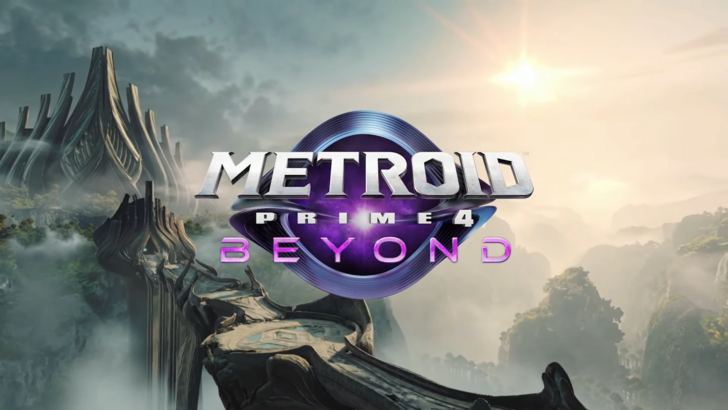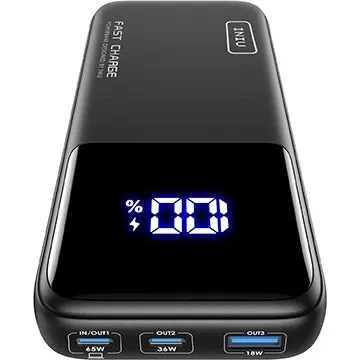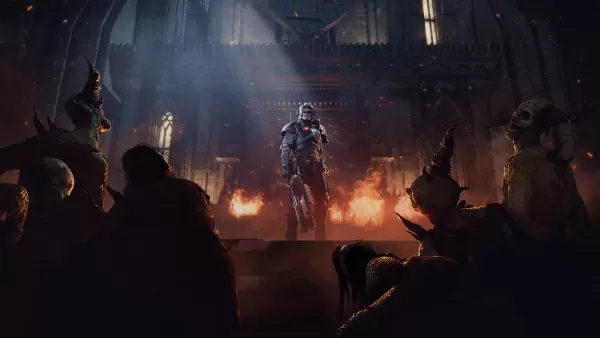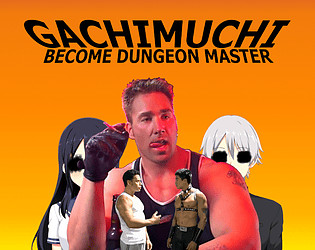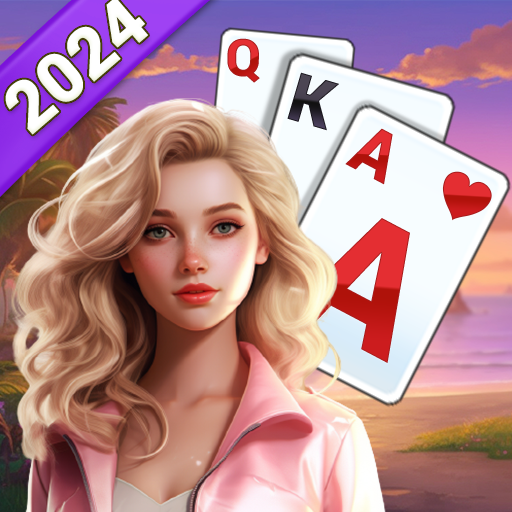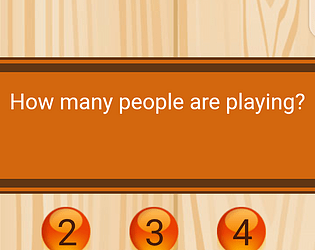SAG-AFTRA has tentatively reached a deal on its interactive media contract, potentially resolving nearly a year of labor disputes within the video game industry.
The strike began in July 2024 when negotiations broke down between the union and major gaming companies—including Activision, EA, Epic Games, and others—over AI protections. An overwhelming 98% of members voted to authorize the walkout.
The strike's impact became increasingly apparent as time passed. Players noticed missing NPC voices in titles like Destiny 2 and World of Warcraft. Later developments included SAG-AFTRA targeting Riot Games after alleged strike circumvention attempts, and Activision recasting roles in Call of Duty: Black Ops 6 following fan concerns.
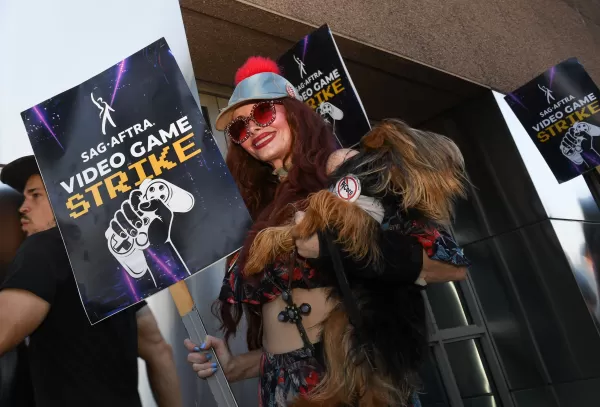
The proposed deal now awaits ratification by SAG-AFTRA's national board. While strike activities will likely pause soon, workers will maintain their protest status until final approval.
"We deeply appreciate video game performers' sacrifices and our negotiating committee's tireless work during this prolonged strike," said Duncan Crabtree-Ireland, SAG-AFTRA's chief negotiator. "This hard-won agreement establishes vital AI protections alongside other critical improvements to safeguard performers' careers."
The union recently filed an unfair labor complaint against Epic Games regarding Fortnite's AI-generated Darth Vader voice, alleging the company bypassed required negotiations about AI implementation.
Horizon voice actress Ashly Burch recently commented on leaked AI-generated Aloy footage, expressing concerns about performance art's future. "We're fighting for basic protections: consent, fair compensation, and transparency regarding AI recreations," Burch explained.
"My concern isn't about the technology itself or companies wanting to use it," she continued. "I fear for performers' rights—that without these protections, artists could lose all recourse when their likenesses get appropriated. This fight determines whether our industry can sustain meaningful performances and nurture new talent."

